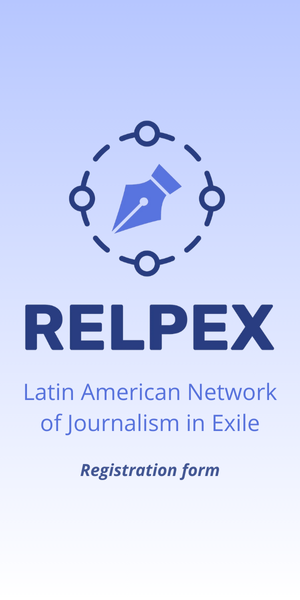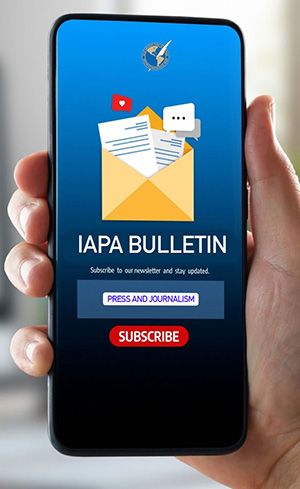The ongoing constitutional process strongly influenced this period. Regarding the protection of freedom of the press and freedom of expression, a model similar to the current Constitution was agreed upon, which guarantees that there must be no prior censorship that the State may not deprive, restrict, disturb, or threaten freedom of expression by direct or indirect means that impede the communication and circulation of ideas and opinions; that any person offended or unjustly alluded to by any means of social communication has the right to have their statement or rectification disseminated free of charge; and that everyone has the right to found, edit and maintain means of social communication, whatever their platform.
In June, the Ministry General Secretariat of Government -in charge of communications- and the Ministry of Science and Technology created a commission of experts to punish and evaluate the scope of disinformation and regulate social networks. The National Press Association (ANP) criticized the commission's creation and considered its content ambiguous. At the same time, the Senate appealed to the Constitutional Court because the commission's powers exceeded those assigned to the President of the country. The Court rejected the Senate's request, and the commission issued its first report, describing the disinformation in the country and internationally.
The former presidential candidate and current mayor of the Communist Party, Daniel Jadue, sued for libel the director and a journalist of the newspaper La Tercera, published by COPESA. The mayor considered a report on a probity offense against him after the Public Prosecutor's Office dismissed an investigation into that offense. However, a court declared the complaint inadmissible, perhaps given a January 2023 ruling by the Inter-American Court of Human Rights that condemned Chile for criminal actions by incumbent public officials, an appeals court ultimately upheld the closure of the case.
On October 25, President Gabriel Boric, during the Annual Industry Meeting, expressed in his speech criticism of the work of the press in general, and in particular the newspapers El Mercurio, La Tercera, and La Segunda. "When I read the headlines of the newspapers (...). In truth, I read the newspapers very little at this point. But the eagerness to prefer bad (news) is impressive. I don't know how those who continue reading El Mercurio, La Tercera, and La Segunda remain in their hearts afterward because, in truth, it is as if we were living in a hellish country. And we are not in that", said the President. The ANP rejected the President's expressions and recalled that they are in addition to other hostile actions by him and his government towards the work of journalists.
On July 31, the Chamber of Deputies approved a bill for the protection and safety of journalists, which must now pass to the Senate for final approval.







